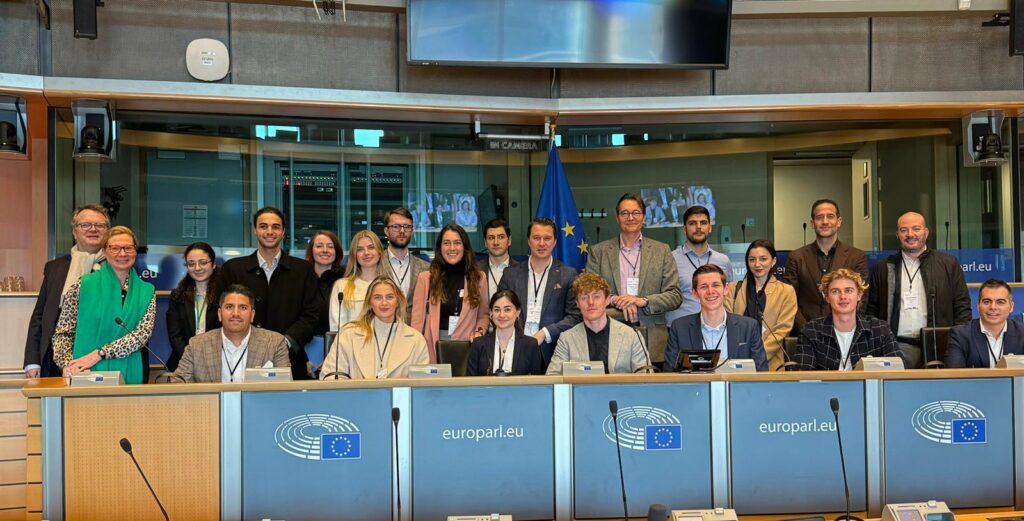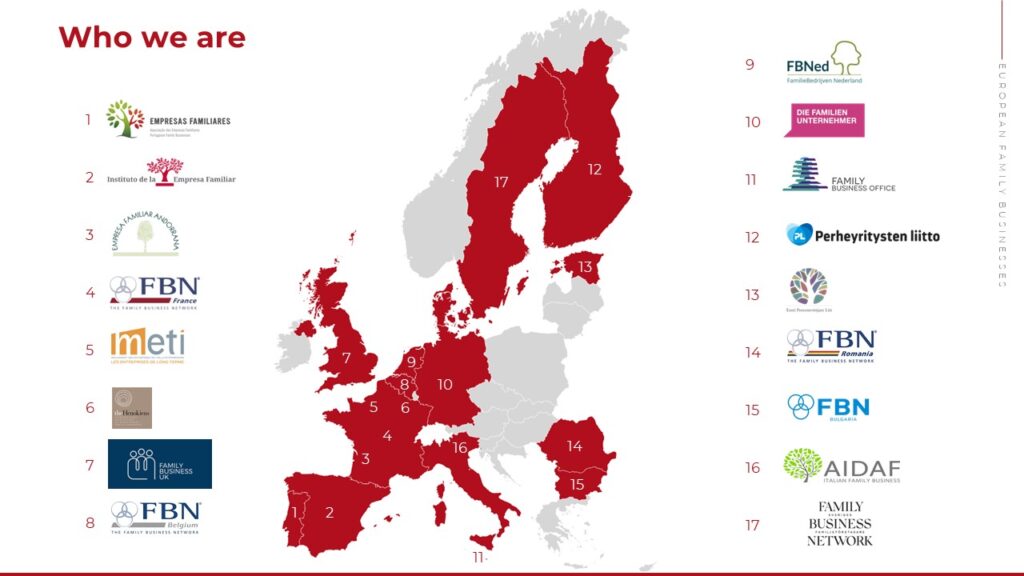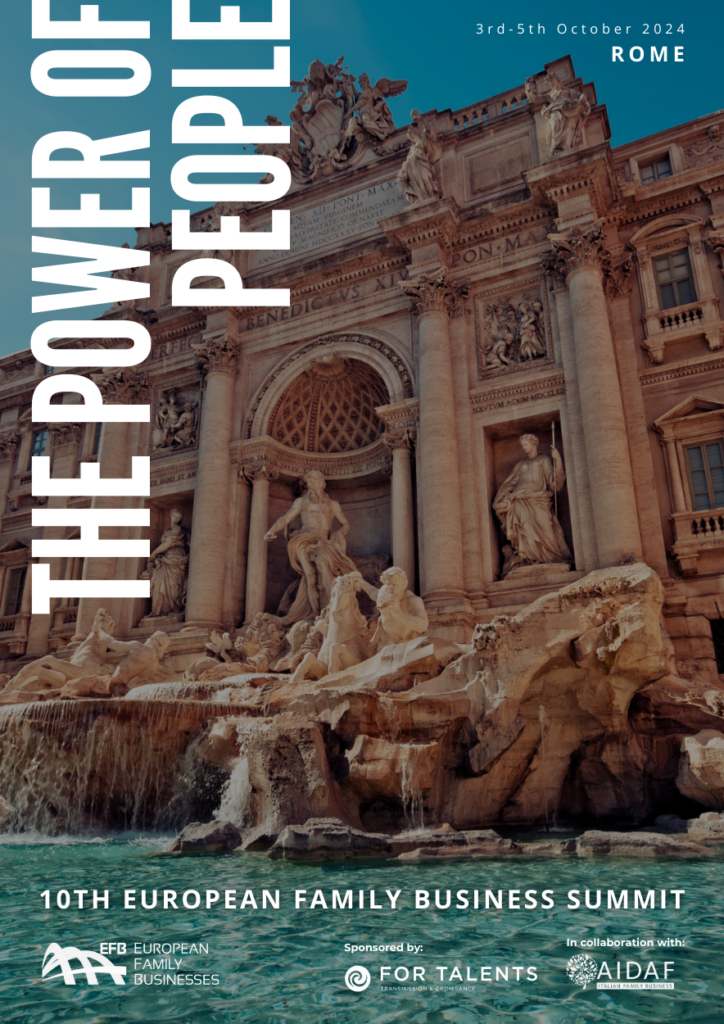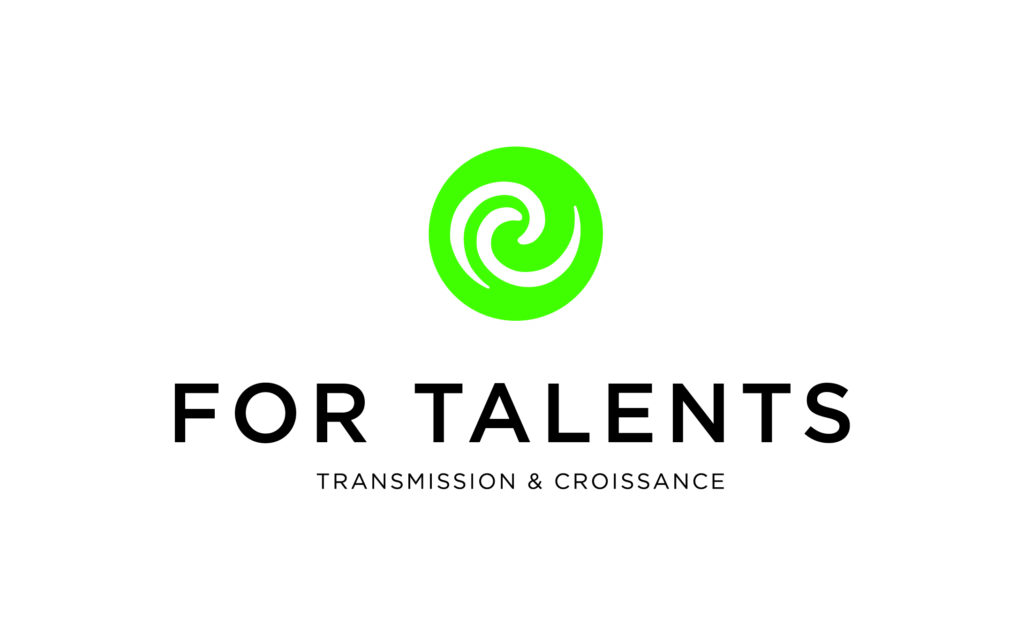European Family Businesses Newsletter # 28
Since we are already halfway through 2024, and with the EU elections just behind us, its time to reflect on the work we have been doing over the last few months.
Recent events and meetings
Next Generation Event 2024 – The EU from the Inside: What NextGens Need to Know
With the success of our first Next Generation event from April 2023, we launched the second edition of the event which took place in Brussels between the 4th-5th March 2024.
This two day event was filled with different activities giving Next Gens an opportunity to listen to and engage in interesting discussions, networking and sightseeing.
The participants had an opportunity to address questions on topics of particular concern/ interest to them towards MEP Angelika Niebler who hosted us at the European Parliament.
MEP Niebler gave a state of play of the work the European Parliament has done over the last five years. She also shared her insights into what she believes the European Parliament needs to focus on for the next mandate: making internal procedures more efficient, strengthening the EU’s resilience, and competitiveness and a renewed focus on trade, as well as focusing on security and migration. The MEP also highlighted the critical role that women play in family businesses and the need to strengthen their participation. We thank MEP Niebler and her team for their availability and organisation of this meeting which was a unique opportunity for our NextGen community.
We are pleased to announce that next year we will hold the third edition of this event in Brussels. Details to be confirmed.
Keep an eye on our social media, your emails and the EFB website for more updates.

General Assembly
On the 18th of June, we were delighted to host our general assembly in person in Brussels. It was a timely opportunity to work together with the representatives of our chapters, to engage in interesting discussions and to communicate on upcoming events, challenges and achievements.
We also welcomed our new member chapter, FBN Sweden!
“We are delighted to have FBN Sweden join the EFB family. FBN Sweden was founded in 1996 as an independent member association, where they work towards the development of Swedish family businesses across present and future generations. We look forward to working together to voice the concerns of family businesses.” – Jesus Casado, EFB Secretary General.
“We are happy to now take the final step and become a full member with EFB. We believe in the important work EFB is doing in Brussels and are happy to both support and contribute to a deeper understanding of how business owning families contribute to a long term development of Europe and the fact that it matters who own our companies.” – Erik Stern, Deputy director FBN Sweden
Find out more about FBN Sweden here.

Policy related events and meetings
EFB attended several different policy related events in the first few months of 2024. Below you will find an overarching summary of these meetings / events.
On the 13th February, EFB’s Secretary General Mr Jesús Casado had a meeting with Mr Stefan Moritz, Secretary General of European Entrepreneurs CEA-PME and Head of the EU-Liaison Office of Der Mittelstand to discuss the strategy regarding mid-caps in the EU and how EFB can coordinate efforts on the topic with other business associations working in Brussels. In a similar effort, Mr Casado also had a meeting with Mr Ben Butters, Chief Executive Officer for Eurochambers on the 5th of March.
On the 14th February, EFB had a meeting with Mr Benjamin Angel, Director for Direct taxation, tax coordination, Economic analysis and Evaluation at the Commission’s DG TAXUD. Here the topic of business transfers and the possible negative consequences resulting from some member states considering removing these exemptions, which were recommended by the Commission in their 1994 Recommendation, were discussed.
On the 10th April 2024, our French member METI held a meeting under the title of “For a European Mittlestand”. European Family Businesses was invited to participate. Here participants from across Europe (in particular from France, Spain, Germany and Portugal) engaged in several informative discussions on the topic offering different perspectives before French senators and members of the French Parliament. Here, EFB’s Secretary General Mr Jesus Casado provided insights into the challenges and expectations facing mid-caps at the European level.
Between 12-13 June, EFB participated in the SME Envoy Network in Berlin where Joana Peixinho, EFB’s Junior Policy Advisor made interventions regarding the business transfer topic and what the next legislature should focus on for the next mandate. Including putting businesses at the centre, implementation of the 25% reduction in administrative burden on reporting requirements and the importance of data collection on crucial issues.
On the 17th June, Mr Casado had a meeting with Mr Bonifacio Garcia Porras, Head of Unit for SMEs at the EU Commission where the topic of mid-caps was explored and analysis of what is needed in a small mid-cap category.
EFB publications
Family Business Transfers and Continuity: Let the Next Generation Drive the Twin-Transition – updated approach
We have re-published and updated the transfer of business paper with new arguments and reasoning.
It is no surprise that business transfers represent a huge opportunity for growth, resilience and continuity for family businesses. With the exemptions from the 1994 Commission Recommendation on the transfer of small and medium-sized enterprises being called into question in several member states, we felt it a timely moment to update our paper and highlight once more the importance of the topic.
You can read the updated paper here.
EFB’s updated position on the Multiple Vote Share Structures proposal
As the Multiple vote share structure proposal moved through its legislative procedure we began to realise that while we supported its initial aims of making public capital markets attractive to EU businesses, especially SMEs, the proposal had become overcomplicated and overreached its initial aims.
As such, we drafted a position on the multiple vote share structure proposal and sent it to key people working on the file including the rapporteur and shadow rapporteurs. You can read our position on our website.
EFB-AIDAF Summit 2024
Registrations for the EFB-AIDAF Summit are open!
Under the name The Power of People, EFB will be hosting the event in Rome in conjunction with our Italian chapter, AIDAF, from 3rd-5th October 2024.
Whether you register for the EFB programme (October 3rd and 4th) or extend your stay to join the programme organized by AIDAF (October 4th and 5th) you will enjoy exciting and informative sessions with Enrico Letta, Chair of the Jacques Delors Institute, in charge of the report The Future of the Single Market, Adolfo Urso, Minister of Enterprises and Made in Italy, Giuseppe Lavazza, Chair of Lavazza Group, Lara Ponti CEO of Ponti and Vice-President for Environmental Transition of Confindustria, Veronica Squinzi, CEO of MAPEI, Udo J. Vetter, Chairman of the Board of Vetter Pharma, Tommaso Fossati, Commercial Retail of Banca Sella and member of Sella Family, Francesco Billari, Rector ofBocconi University, Alessandro Garrone Vice President of ERG and AIDAF, Javier Ormazabal, President & CEO of Velatia, Andrea Dominique Illy, Co-Founder & CEO ofAmareyand member of the Illy family (Illycaffè), Maurizio and Valentina Marchesini, Chair and HR, Beauty Division, Marketing and Communication Director of Marchesini Group respectively, Velleda Virno, CEO and Owner of Di Mauro Officine Grafiche and Martina Dlabajova, former Member of the European Parliament are among the confirmed speakers.
Due to the popularity of Rome and of the event, we encourage you to register and make your hotel reservations soon. To help you with your hotel choices, we have three suggestions on our website with negotiated rates.
The event will combine networking opportunities with conferences at the picturesque Rome Cavalieri Waldorf Astoria, a Gala dinner with AIDAF at the beautiful Villa Miani, opportunities to visit the Quirinale Palace or the Italian Parliament, and Italian family businesses.
Please do not hesitate to contact us for any other queries you may have, and we will do our best to assist you.
We look forward to seeing you in Rome!
Visit our website for the summit programme and registration.

Sponsor
For Talents has released a new article. Read the full article below.


Objectifying your impact: passing on the capacity to act on the world!
Leading your business means giving yourself the means to have an impact on society. Passing on your business means ensuring this impact lasts.
However, nearly half of leaders in a succession or business takeover situation do not have a transmission plan, according to Bpifrance Le Lab. What can we do to ensure the impact of your business is maintained over time, even beyond you? In the face of our new societal challenges, we cannot pass on a company without also transmitting the capacity to act and respond to these issues. How to make this capital of action last over time?
The solution we propose is to act now and integrate the impact that the leader has given their company, into its identity. Objective: transmit this impact as an asset, an additional reason to take over the business. In other words, make the desire to perpetuate it arise through valuation of the transmission.
In an uncertain world, transmission must be approached differently
For the past five years, the regulatory environment has been tightening. Companies now need to publish a series of non-financial information: climate policy and its results, environmental risks and opportunities, CSR policy, GHG emissions, etc. The Corporate Sustainability Reporting Directive (CSRD), coming into force in 2024, particularly broadens the reporting requirements for large companies to all ESG issues. Above all, it will apply to smaller companies from 2026, impacting 49,000 French companies (compared to 11,600 currently).

Moreover, B Corp, ISO 26000 labeled companies multiply actions: from employee training and education, to strengthening contributions to associations… Not to mention philanthropic donations. According to the Bpifrance Le Lab and the RSE, Family Businesses study, 60% of IEFs (Family-owned Impact Companies) now display a societal commitment. These actions contribute to the company’s reputation and value. As a result, transmitting your business means transmitting its societal impact, a significant issue for French people.
Encouraging the desire to take over by valuing the company’s impact
Our conviction: transmission of businesses relies on demonstrating the positive impact in which the successor will be able to take part. This is a way to restore meaning and provide an additional purpose to the takeover project. More than a legacy, it’s about making impact an asset. This capacity to act must therefore be part of the business’ identity. The challenge: adapting the transmission process to preserve this positive impact.
The impact of your business can be:
● Economic: serving your territory, supporting other businesses in your area, creating value, sharing good practices, anticipating regulatory evolutions to provide stability to your partners.
● Environmental: energy transition, carbon footprint reduction, developing new circular economy models, promoting low-carbon mobility, etc.
● Social: promoting diversity and inclusion, integrating disabled individuals, reducing health risks, encouraging local initiatives.
● Civic: supporting public policies such as equal opportunity, local development.
● Financial: responsible investments, financing projects with positive impacts.
● Note for family businesses: more than 80% of owners of IEFs plan to transmit their businesses to their children. Yet, they sometimes fear that successors are not sufficiently committed to societal causes. Hence, the transmission process must adapt to preserve this positive impact.
Finally, addressing new expectations of new generations
To finalize the project, the company’s impact is an essential element in the exchanges with your future successor. In industrial culture, the notion of impact is often little addressed in transmission. However, generations born after the 1980s, now taking up entrepreneurial responsibilities, are aware of these new business models, those combining impact and action, both towards employees and financiers… Because they have this need, it is also up to leaders to take these expectations into account and make them part of the reasons to take over their business.

Moreover, if you connect them to their skills, the new leader will add their own journey, their entrepreneurial vision, and thus multiply the impact the company will have in the next 20 or 30 years. This is what we call responsible transmission. Let’s start these mobilizations today, with practical actions that will multiply this transmission.
In the second part of our series, we will present a pathway to achieving these objectives for family businesses, in particular.
In the third part, we will provide insights on some pioneers in recent years, making impact an essential criterion for transmission. From one generation to the next, transmission now means perpetuating the company’s impact on society.
As a legitimate leader and heir to the company’s history, your expectations are decisive. We sometimes observe a gap between the values a leader wants to transmit and those of the successor. Asking for or receiving impact is about acting on the world, opening up new horizons.
Read our previous articles or those from the Observatory of Family Business Transmission.
Article by: By François VERRECCHIA, Co-founder of Comparium
Signature: François Verrecchia is the co-founder of Comparium, a consulting and studies firm that works to prepare the future of territories through the impact of family businesses. Entrepreneur in the industrial field, he led a 3rd-generation family business for 17 years before creating a group of four plants, becoming a European leader in Made in France mobility.
For more information about For Talents visit: https://fortalents.com/

